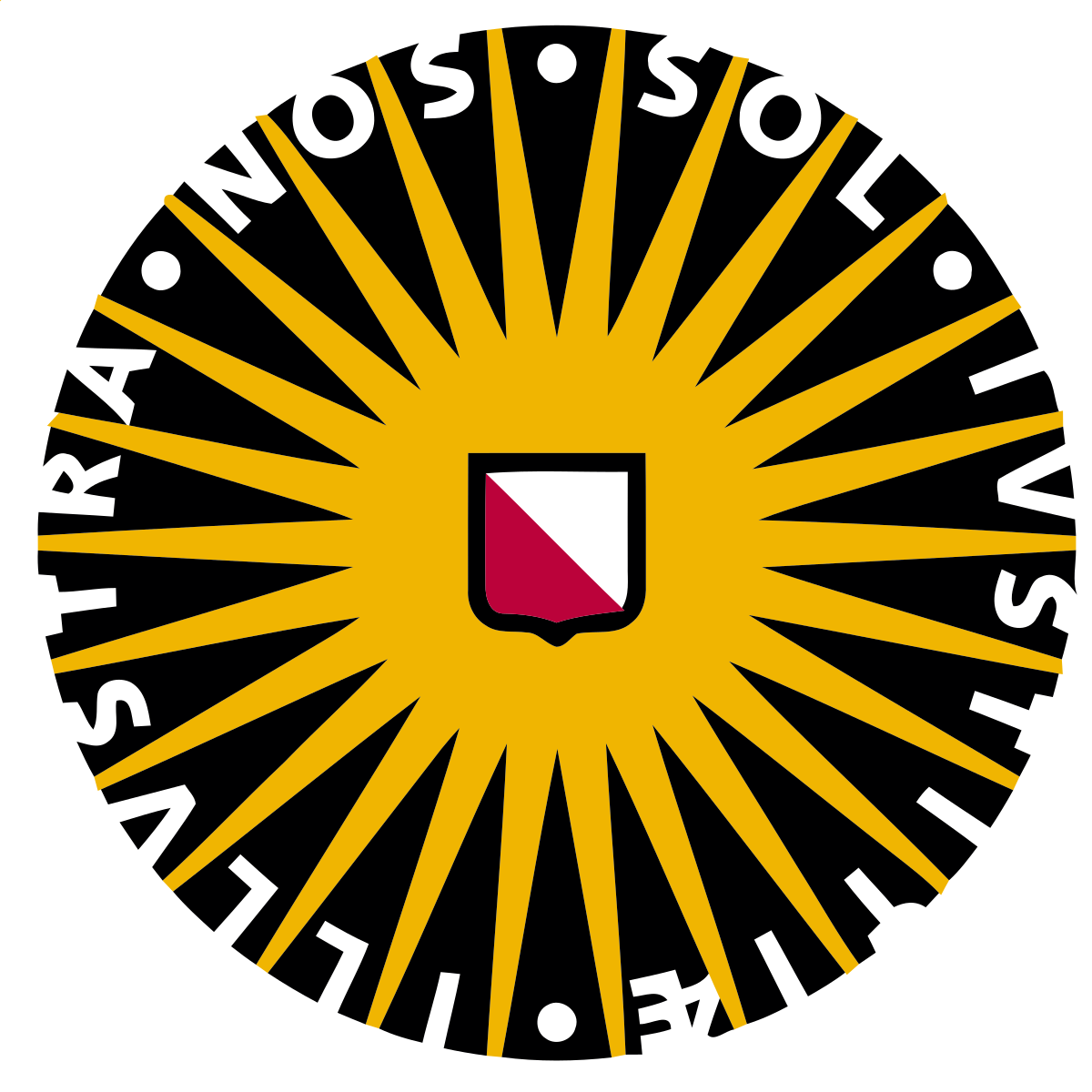Reproduction management
Week 3
Introduction
During Block III Reproduction, students will focus on the reproductive management of dairy farms as the basis for an economically efficient milk production at both the cow and herd level. After a general introduction to adopt and reinforce reproductive knowledge, special attention will be given to the Reproductive Management background and policy on dairy farms, including analysis of data derived from reproductive parameters and their interpretation, to help in the decision-making advice. Therefore, treatment protocols can be formulated for either the individual cow experiencing fertility problems and/or fertility related diseases, as well as at the herd level, following the Dutch guidelines for intervention protocols, learning the underlying reasoning for the treatments and the potential success rate. Keywords like sustainability, circularity, animal health and welfare but also the role of genomic selection in breeding programs will be interactively discussed during the course lectures in the context of the global environment and its impact in the future of dairy farming.
Learning goals
The student gains knowledge about the primary processes of Reproductive Management (clinical diagnostics: cyclicity, anestrus, pregnancy diagnostics (including ultrasonography) on dairy farms including analysis of reproductive parameters (calving interval, insemination number, interval calving-first heat and conception etc.), interpretation and tailored decision-making advice (based on the economy and sensor technology).
The student gains knowledge on the interaction between the reproductive function and peri-partum metabolic stress (negative energy balance) during the transition period, including risk factors, resumption of the ovarian cyclicity, retention secundinarum and (sub)-clinical(endo-)metritis.
The student learns the ins and outs of the Dutch Guidelines for Reproduction Management on dairy farms, including the (patho-) physiological background and the fundaments of reproductive hormonal interventions both at the individual and herd level.
The student gains knowledge on reproductive technologies and genomic selection to improve genetics on dairy farms, including breeding policy and sperm selection.
The student learns and trains obstetrical flow charts hence decision-making policies and procedures (e.g. clinical diagnostics, repositions, foetotomy), including surgical interventions (e.g. sectio caesarian, castration and OVX) and emergency practical (e.g. bleedings, injuries, ruptures, prolapsus)
Course team
| Picture | Name | About |
|---|---|---|
 |
Peter Vos | |
 |
Hilde Aardema | Hilde Aardema is a veterinarian, reproduction specialist (ECAR diplomate) and researcher. Since 2020 she is heading the reproduction laboratory of Farm Animal Health. With the reproduction team of enthusiastic researchers, technicians and students she tries to unravel the mysteries of early life. Her research focus is how to maintain a healthy condition for both mother and offspring. |
 |
Belen Rabaglino | I am a veterinary scientist involved in Animal Reproduction. My research has focused on applying transcriptomics and epigenomics to understand endometrial biology and embryonic and fetal development in ruminants. My philosophy for analysing and interpreting this data type is to use traditional and innovative approaches, such as predictive models based on machine learning algorithms, and adapt these methods to generate meaningful results in the biological context of the experiment. |
Schedule
| Monday | Tuesday | Wednesday | Thursday | Friday | |
|---|---|---|---|---|---|
| 9:00-9:45 | KC (WC) | ||||
| 10:00-10:45 | IC | ||||
| 11:00-11:45 | IC | IC | WETLAB (WC) | PP (WC) | |
| 12:00-12:45 | IC | WETLAB (WC) | PP (WC) | ||
| 13:15-14:00 | MTE | FNP (WC) | WETLAB (WC) | PP (WC) | |
| 14:15-15:00 | MTE | FNP (WC) | WETLAB (WC) | PP (WC) | |
| 15:15-16:00 | FNP (WC) | ||||
| 16:15-17:00 | IC | FNP (WC) | FNP DEADLINE |
Prepare
📖Re-familiarize yourself with the bachelor course BA Blok 18 voortplanting, BACO theorie
📖 Supported resource - Pathways to Pregnancy and Parturition (Senger, 2012)
Knowledge challenge
Finish the Knowledge Challenge for week 3 before the start of the first lecture.
Participate
🖥️ IHC 3.1 - Reproduction physiology: oocyte to calf
🖥️ MTE 3.2 - Reproductive MGMT on dairy farms
🖥️ IHC 3.4 - Effect of metabolic and infectious disease on reproductive succes in dairy cows
Practice
📋 Feed’n practice 3.3 - lactating cow feed strategies
📋 Wetlab 3.5 on cycle stage & pregnancy stage recognition
Perform
📂 Present your herd’s reproduction management strategy to your peers 3.6
⌨️ Feed’n practice deadline week 3
Back to course schedule ⏎
